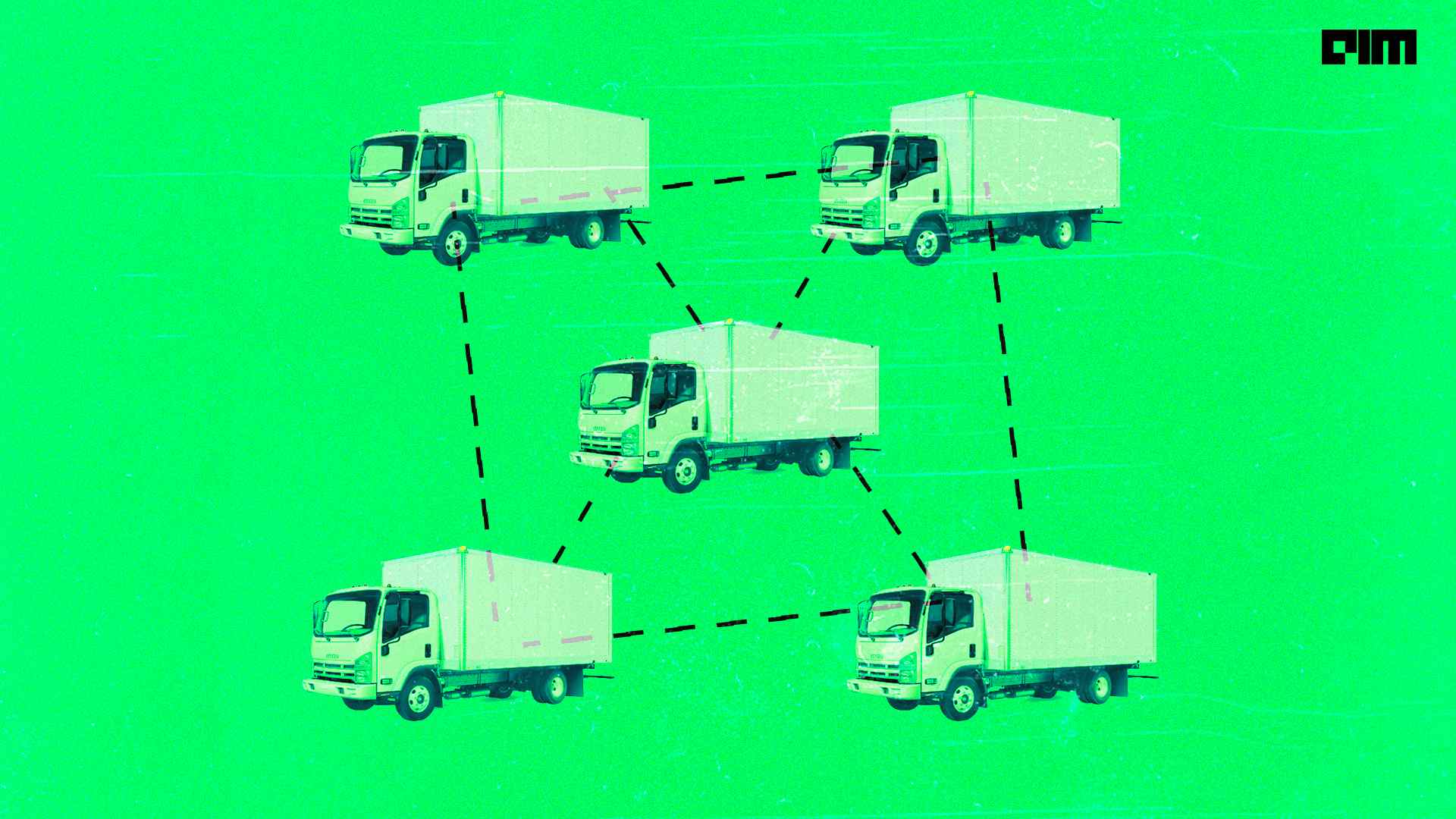For decades, the transportation industry has been facing the same problem: vast data disparities in the invoice and the payment process for freight carriers, leading to long payment delays and expensive reconciliation efforts. Walmart, a leader in supply chain management, is now using blockchain to create an automated process for handling invoices and payments of its 70 third-party freight carriers.
Why does Walmart need blockchain?
Walmart Canada uses its own trucks and third-party transport to supply over 500,000 shipments to distribution centres and stores across the country annually. More than 200 data points have to be independently calculated and accounted for in each invoice. These include the stop locations of every load, how many gallons of fuel the carriers consume, temperature updates, etc. Consequently, the data is riddled with discrepancies, and 70% of invoices require reconciliation efforts.
The trouble lies at the application level of multiple information systems that can’t communicate. As a result, the reconciliation process has to be done manually, which is both labour-intensive and time-consuming. Automating the process by creating a blockchain network solves the problem of incompatible enterprise systems by introducing a shared single source of credible information for Walmart and its carriers.
Pilot
To create the blockchain network, Walmart Canada approached DLT Labs, a leader in engineering and deploying imaginative business solutions using distributed ledger technology. Bison Transport, one of Walmart Canada’s carriers, was also roped in.
In January 2019, the pilot version went live after rigorous testing. The network, dubbed DL Freight, was rolled out to 69 other carriers in March 2021. It automatically gathers and synchronises data at every step and is only visible to the parties involved in the transaction. Since the introduction of DL Freight, less than 1% of invoices have discrepancies—reducing the costs of reconciliation efforts drastically and allowing carriers to be paid on time.
Benefits
The decentralised ledger records and protects transaction information shared among multiple parties. Cryptocurrencies like Bitcoin and Ethereum capitalise on this technology to allow unlimited and unspecified parties to participate in transactions without the need for an intermediary.
Conversely, in supply chain management, the focus is on employing blockchain to make it possible for a set number of identified parties to administer transactions with each other. Instead of coins, supply chain blockchains “mint” a range of transaction-related data, yielding unique and easily verifiable identifiers for purchase orders, inventory units, etc.
Every participant in the blockchain has their exclusive digital signature, which is used to authenticate the tokens moving through the chain. In addition, everyone receives their copy of the chain and is given access to a built-in audit trail that can’t be meddled with.
The potential of blockchain technology in supply chain management is exciting for the following reasons:
- Greater supply chain transparency
Permissioned participants received increased visibility across all supply chain activities, and there is a shared, unchallenged version of the truth.
- A more resilient supply chain
A single unanticipated event can trigger a domino effect of supply chain disruptions. Blockchain supply chain solutions counter this by issuing smart contracts that automatically activate when pre-defined business conditions are met. Consequently, participants receive near real-time visibility into operations and can take earlier action in the case of exceptions.
- Streamlined supplier onboarding
By providing a trustworthy, unalterable record of new vendor details, blockchain supply chain solutions can speed up the process of new supplier onboarding.
Counterparts
FedEx has incorporated the blockchain into its chain of custody to help manage customer conflicts. The organisation is also a part of the Blockchain in Transport Alliance, and advocates adopting blockchain as an industry standard.
DeBeers uses blockchain to keep track of the source and progress of every natural diamond they mine, helping them address consumer concerns surrounding the ethical sourcing of gemstones.











































































